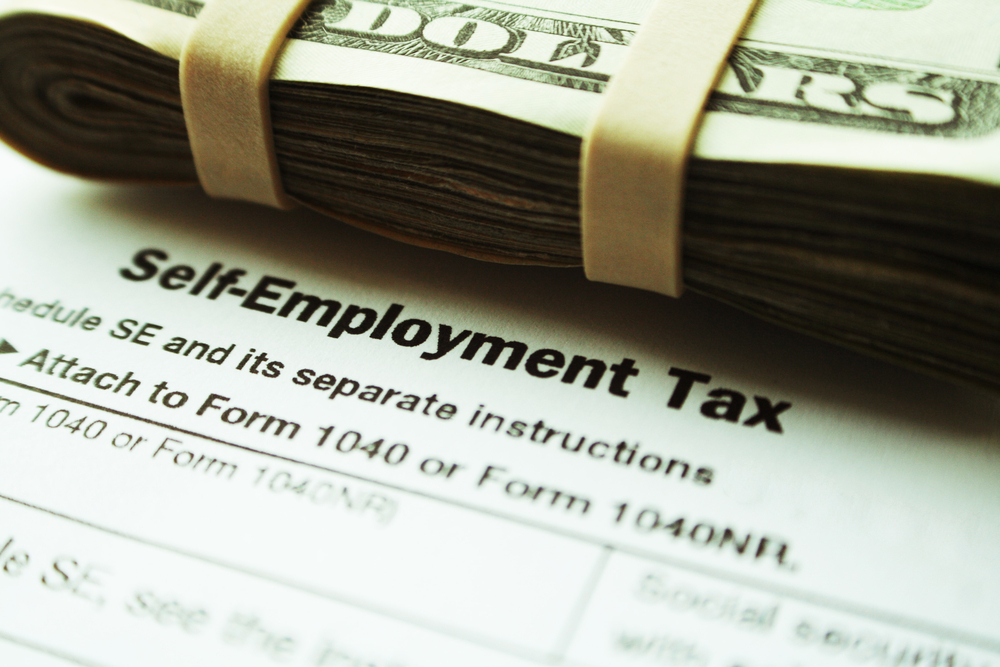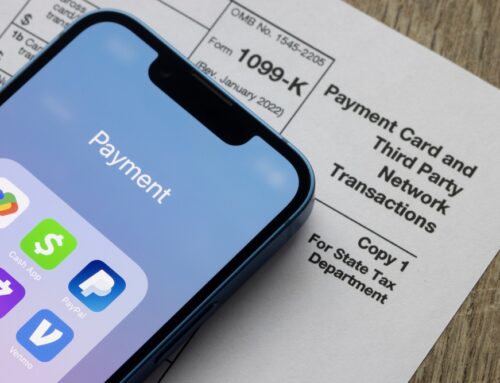There is an increasing number of self-employed and freelance workers in the U.S. every day — in fact, the Bureau of Labor and Statistics projects there will be 103 million self-employed workers by 2026. If you are someone who conducts business as a sole proprietor or independent contractor, here’s what you need to know about your tax responsibilities.
What taxes do you owe?
Many self-employed and contract workers aren’t aware that they owe both income and self-employment taxes. Self-employment taxes include Social Security and Medicare, but many people overlook the SE tax because these types of taxes are typically withheld by an employer for those who are wage earners. When you work as an employee of a company, that company matches your FICA taxes, which in total between you and the company equate to 15.3% of your gross wages. When you are self-employed, you are responsible for that entire 15.3%.
On top of that, you’ll need to pay income taxes, which are determined by subtracting your business expenses from your business income. You must file an income tax return if your net earnings were $400 or more for that year.
Quarterly estimates
Because you do not have an employer withholding any taxes directly from your paycheck, you also need to make quarterly estimated payments. Quarterly estimates are calculated based upon a safe harbor. If it is your first year being self-employed, you may have to estimate the amount of income you expect to earn for the year. For future years, the safe harbor may be based upon the prior year’s actual tax. In any event, the safe harbor is the minimum amount needed to prevent penalties for estimating too low.
If your estimates meet safe harbor but are still lower than the amount you owe at the end of the year, you will have to pay the additional taxes at that time. Pro tip: If you have trouble saving, you may want to pay in above safe harbor to avoid getting hit with a big tax bill you’re unable to pay on April 15th.
Self-employed retirement planning
Being self-employed can also provide some benefits when it comes to planning for retirement. If you are a W-2 employee and your employer doesn’t have a retirement plan in place, the maximum you can contribute to an individual retirement account is $6,000. However, if you create a retirement account within your own business you can contribute as much as 25% of your net earnings up to $61,000. Keep in mind, you can only contribute to an account with income that is subject to self-employment taxes.
Deducting expenses
When you are self-employed or an independent contractor, deducting your expenses is a great benefit. If you are not working with an accounting professional, you should be aware of what deductions you’re able to write off as a sole proprietorship, LLC, S-Corp, or partnership.
- The IRS considers the employer portion of your self-employment taxes as a business expense and allows you to deduct it from your net income.
- You can deduct expenses for a home office that you use regularly and exclusively for your business. This deduction is calculated by the square footage of the workspace as compared to the total area of the home. That percentage is applied to your mortgage interest or rent, property taxes, home depreciation, utilities, insurance, etc.
- You’re able to deduct a portion of your phone and internet bill based on how often you use it for business.
- You can also deduct the business use of your vehicle on either the actual or standard mileage rate, whichever is most beneficial to you.
- You can deduct virtually anything you purchase for use in your business, which includes things like fixed assets (such as a laptop or desk), subscriptions to software, office supplies, and much more.
Have questions? Ask our team!
There are many finite details that go into being self-employed or running a small business, and that includes how to manage your taxes. You may even want to consider maneuvering from a sole proprietorship to an LLC or S-Corp for tax purposes but you’re not sure what’s right for you. Whatever the need, our dedicated team at Shaw & Associates is ready to help you piece together the options that are right for you. Reach out to us at 970-223-0792 or visit our website for more resources.






